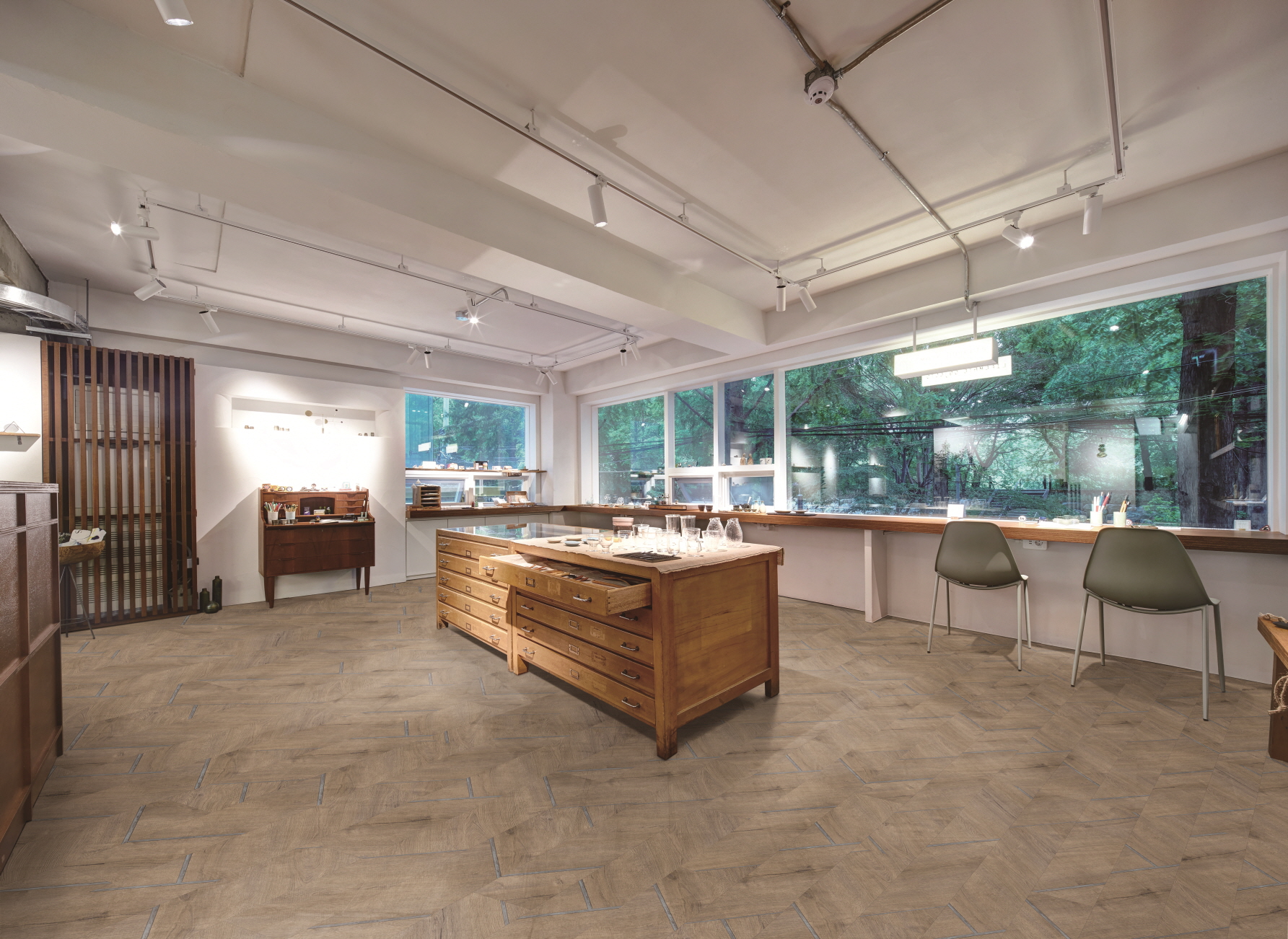
New flooring is one of the most popular home upgrades. It can create a more enjoyable and comfortable living space, and it has one of the highest returns on investment among home remodeling options.
There are many types of flooring to choose from, which can make the decision quite difficult. These include hardwoods, laminate, and vinyl flooring. Even within these categories, further options exist, such as VCT and LVT.
This article explores the differences between VCT vs LVT flooring. It includes a look at the distinct advantages of each. Keep reading to find out which might be right for your new floors.
What Do VCT and LVT Stand For?
“VCT” is the acronym for “vinyl composition tile,” and “LVT” is the abbreviation for “luxury vinyl tile.” Both products are made of vinyl, along with other ingredients to achieve distinct appearances and functions.
VCT vs LVT Flooring Composition
VCT is made from a mixture of vinyl resins, plasticizers, mineral fibers, and limestone. LVT is made from PVC vinyl with a photographic layer on top. Both products will also have binders and color pigments.
VCT and LVT Appearance and Applications
One of the biggest differences between VCT and LVT is their finishes. VCT usually comes with a matte finish in simple colors and patterns.
LVT is often made to mimic the appearance of natural materials. These include hardwoods, stone, and ceramic tiles, among others. It comes in various colors, patterns, and textures, such as wood grain or stone.
For this reason, VCT is usually used in high-traffic, commercial settings. Common examples include schools, hospitals, and retail stores. LVT is a more popular option for homes and offices, due to its more upscale appearance.
VCT vs LVT Floor Installation
VCT usually requires glue-down installation. This involves securing each tile to the subflooring layer.
You can glue LVT down as well, but it also comes with the option of click-lock floating installation. This makes it easier to install, and you do not need to use adhesives to secure it in place.
VCT and LVT Durability
Both VCT and LVT flooring products are extremely durable–resistant to scratches or denting from impacts. They both require minimal maintenance, though VCT flooring may benefit from occasional waxing to waterproof it. You can expect both types to look and function great for decades.
VCT vs LVT Cost
A final distinction between VCT vs LVT flooring is their price tag. Both are very affordable, especially relative to their durability.
However, VCT is generally more affordable than LVT. Also, the cost of LVT could increase with the addition of special design options, such as colors and patterns that mimic natural surfaces.
Learn More About VCT and LVT Flooring
Now that you understand the differences between VCT vs LVT flooring, you can determine which is best for your home or project.
Since 1947, LX Hausys has been sourcing only the highest quality flooring materials to enhance the value of living spaces. Our goal is to create aesthetically pleasing living spaces through the use of energy-efficient and eco-conscious materials. Reach out to us today to learn more.